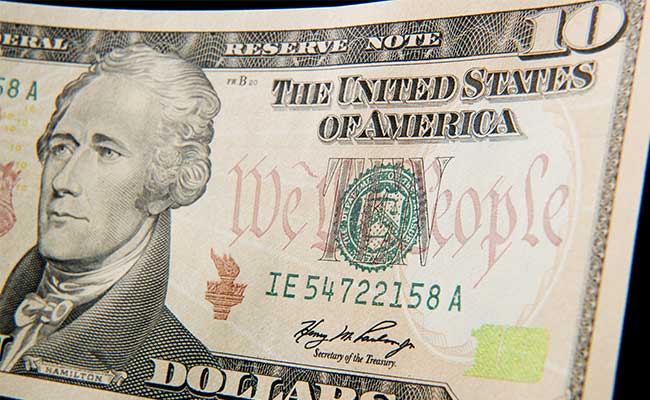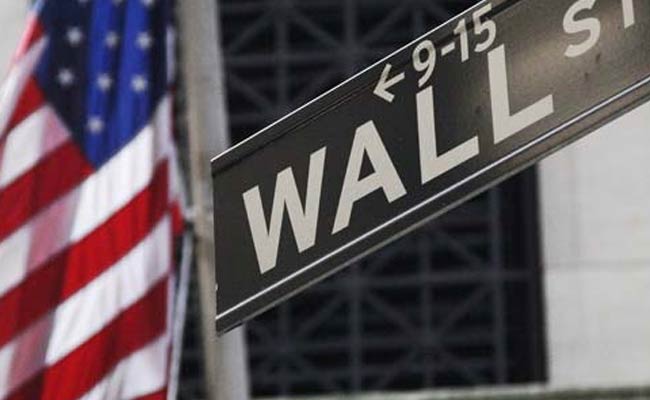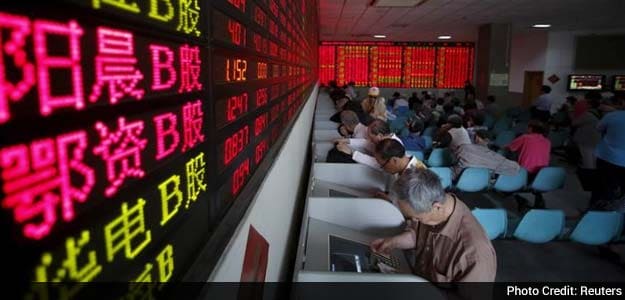
An $18.7 billion settlement announced Thursday of all federal, state and local claims against the oil giant BP arising from the 2010 Gulf of Mexico oil spill would be the largest environmental settlement - and the largest civil settlement with any single entity - in the nation's history, officials said Thursday.
The settlement, if approved by a federal judge, could bring to a close the largest unresolved legal dispute arising from the April 2010 explosion aboard the Deepwater Horizon oil rig, which left 11 dead and spewed millions of gallons of oil into the Gulf of Mexico.
The deal would include, in addition to the federal government, the states of Alabama, Florida, Louisiana, Mississippi and Texas, as well as more than 400 local government entities along the coast, which had argued that the spill had ruined tourist seasons, crippled the seafood industry and dried up sales tax revenue.
Under the agreement, BP would pay the federal government a civil penalty of $5.5 billion under the Clean Water Act over a 15 year time frame, and would pay $7.1 billion under the Natural Resource Damage Assessment to the gulf, which is meant to compensate for direct environmental harm caused by the spill.
A further $5 billion of the settlement - in addition to $1 billion for local government claims - would arise from economic damage claims made by the states. But those claims are only a part of what the states would be getting.
The settlement still must be approved by U.S. District Judge Carl J. Barbier in New Orleans, who oversaw a complex two year civil trial concerning the spill.
BP already agreed, in 2012, to pay $4 billion in criminal fines.
In announcing the federal government's part of the deal in Washington, Loretta Lynch, the attorney general, said that the recent round of negotiations, over several weeks, had produced an agreement in principle that would " justly and comprehensively address outstanding federal and state claims" and "bring lasting benefits to the Gulf region for generations to come."
Robert W. Dudley, BP's group chief executive, called the agreement "a realistic outcome which provides clarity and certainty for all parties."
In separate news conferences across the gulf, governors and attorneys general highlighted the portions of the settlement that their states were likely to receive. They vary from state to state, with Texas estimating a final total of about $800 million, and Louisiana, which was most heavily damaged by the spill, projecting more than $6.8 billion.
In 2012, Congress passed the Restore Act, which redirects 80 percent of Clean Water Act penalties - previously deposited into the federal Treasury - to the affected states. With this money and the natural resources damage payments, which also go to the gulf, the settlement is a windfall for the states, even if it is paid out piecemeal.
Negotiators tried without success in the past to reach a settlement, though they came close more than once. One failed round of negotiations, on the eve of the trial in 2013, would have produced a total amount not much less than what was announced on Tuesday, said David M. Uhlmann, a professor at the University of Michigan Law School and a former federal prosecutor of environmental crimes. But the exact mix of money within that deal was different; for instance, state and local economic damages were not a part of it.
"The problem then was that Louisiana and to a lesser extent Alabama had unrealistic expectations for how much they should receive," he said, adding that in the years since "the states became much more realistic."
The findings at trial put pressure on BP, as did the downturn in global oil prices. But the oil price drop also brought pressure on Louisiana, which, like Alabama, had been already facing severe budget crunches.
Garret Graves, a member of Congress from Louisiana who served as the state's top coastal restoration official and represented the state in prior negotiations with BP, said he could not comment in detail on the negotiations. But he insisted that much had changed since the initial talks.
"Some of the earlier discussions with BP reminded me of the circuslike, disconnected response to the spill itself," he said. The intervening years brought "significant changes within BP's command and control," allowing for the new agreement.
With this deal, BP gets valuable certainty, especially as it does not include any clause that could reopen litigation. The extended payment schedule also allows it to absorb the pain in manageable doses.
And because they will receive billions in economic damage claims, money coming through the Restore Act and the natural resources damages process - far more than they would have obtained in litigation - the states, Uhlmann said, "made out like bandits."
Environmental groups had a mixed reaction to the announcement, with some welcoming it as overdue, others condemning it as too little and still others expressing a cautious optimism.
Bethany Kraft, director of the Gulf Restoration Program at Ocean Conservancy, welcomed the news of the settlement, but emphasized that this was only the beginning of the work. She highlighted $232 million set aside under the settlement that, combined with interest from other payments, is meant to address any natural resources damages that are discovered after the settlement is in effect. Such money she described as critical but possibly insufficient, as some environmental damage from the spill may not be understood for decades.
"Let's put it this way: I'm still going to come into work tomorrow," Kraft said. "I think it's still critically important for all of us to pay attention to how this money is spent."
On the state level, the different sources of money come with different strings attached. Money paid in economic damages would primarily go into state coffers, while the natural resources damages payments must be spent on environmental restoration. The Clean Water Act penalties would mostly be divided up among the states and a gulfwide council under a formula laid out in the Restore Act, which directs that the funds be spent on the "ecological and economic restoration" of the gulf.
BP already made a $1 billion down payment to states for early restoration projects, some of which was directed toward controversial projects like a hotel in Alabama. But for the most part, the money has been seen as critical to addressing long-standing environmental problems.
Much of the settlement money in Louisiana will go to environmental protection and restoration along the state's ravaged and rapidly disappearing coast. The state has spent years developing a master plan for addressing environmental damage and the wetlands loss that long preceded the BP spill. The $50 billion plan, with some projects already underway or completed, calls for extensive levee construction and for beefing up barrier islands and restoring portions of the state's vanishing wetlands in order to provide a greater degree of natural protection from hurricanes.
This proposed agreement would end federal and state involvement in a three-phase trial that began more than two years ago in one of the most complex and closely watched civil cases in U.S. history. Over the course of the trial, which took place in New Orleans, the Justice Department argued that the company should pay the maximum federal penalty of $13.7 billion, or $4,300 for every barrel spilled, under the Clean Water Act in cases of gross negligence.
On Thursday, BP set the ultimate cost associated with the spill at nearly $54 billion, though there are still some unknowable expenses to come. While the settlement clears away most of the liability exposure that BP faces, it does not eliminate some shareholder claims or private claims from thousands of individuals and businesses whose efforts in court will continue. BP has settled hundreds of thousands of such claims since the spill.
Testimony in the two-year civil trial ended in February, and on Monday, the Supreme Court declined to hear an appeal of Barbier's liability determination of BP and Anadarko, the co-owners of the Deepwater Horizon well.
And the settlement, as some pointed out, is not yet set in stone.
"I knew nothing about it," said Tony Kennon, the mayor of Orange Beach, Alabama, a tourist town that was devastated during the summer of the spill, and which has sued BP for $50 million. Kennon insisted that the lawsuit was not over as far his town was concerned and that he now expected to seek more in damages.
However, he also expected a nice Fourth of July weekend.
"If the weather's pretty," he said, "we will break all records."








